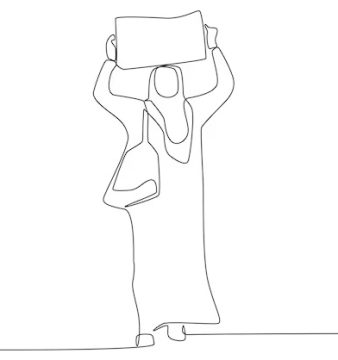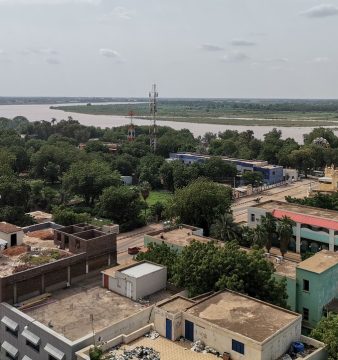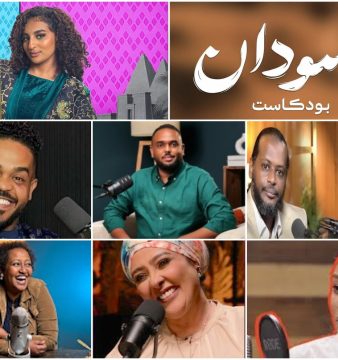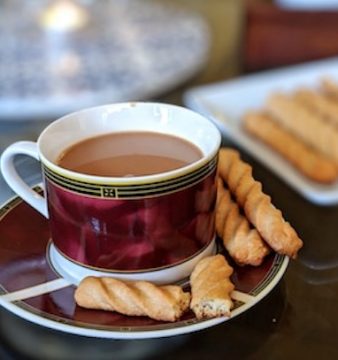3 June Massacre One Year On: ‘Justice is Still Far Away’
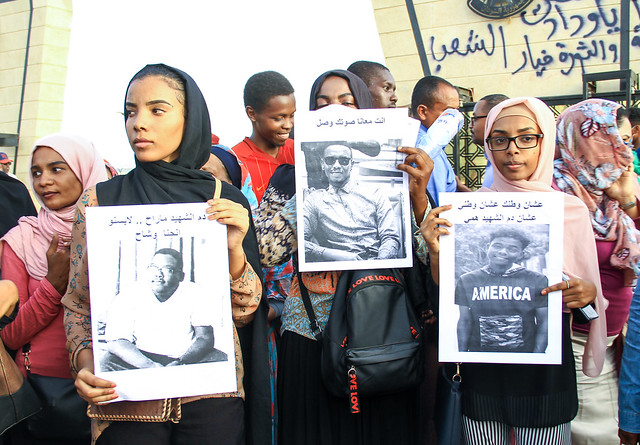
A year has passed since the massacre of 3 June 2019 – the darkest day in Sudan’s modern history. More than 100 Sudanese were killed, hundreds wounded and many others are still missing.
In December 2019, a revolution began in Sudan that ignited in Atbara State when people began demonstrating against rising bread and fuel prices. Within a month, the protests spread like wildfire in all states, and turned into protests demanding the removal of the then Sudanese President Omar Al Bashir and his regime. Chants such as ‘The people want the fall of the regime’ and ‘Freedom, Peace and Justice. Revolution is the choice of the people!’ were heard across the country.
I still remember those days, despite harsh circumstances, the violence of police and security forces, conditions of detention or even deaths. The demonstrators remained peaceful, chanting, ‘Peaceful, peaceful, against the thieves’.
The protests reached the climax on 6 April 2019, when the Sudanese Professionals Association (SPA) called for a mass protest dubbed as ‘A Million on 6 April’. The scene was unforgettable on that day especially when the demonstrators arrived at the square in front of the headquarters of the Sudanese Armed Forces (SAF) in Khartoum and there formed the monthslong mass sit-in.
Khartoum sit-in
After over a million of protesters occupied the square in front of SAF, which became known as Al Qeyada, the new demand was ‘We will not leave until the Al Bashir’s regime falls’. It was not just a sit-in, but it was a miniature Sudan with different ethnicities and backgrounds, full of kindness and chivalry. Prior to 3 June, almost all Sudanese agree that the sit-in was one of the greatest things that happened in Sudan’s modern history, and were never been more proud of being Sudanese during that time.
The sit-in was a real carnival by all means. Men, women, the young, the old, families and everyone were a part of the sit-in. Some attended political debates, while others listened to the protesters performing revolutionary chants such as ‘Blood with blood. No blood money will be accepted’. Some danced, some sang and some painted on the grounds and walls surrounding Al Qeyada.
Others participated in charity or volunteer work. There were charity campaigns to buy water and food throughout the day. Families came to the sit-in with food and drinks, and shared it with others.
If you have been to Al Qeyada, you would have witnessed the generosity and contribution of the Sudanese people. The volunteers and organisers showed an impressive level of performance. Many of whom protected the barricaded walls and gates of Al Qeyada. The chants heard as soon as you approach the barricades to enter Al Qeyada saying, ’Put your arms up, and the search will be with flair’ will never be forgotten.
Then came the dark day
The ambience was beautiful during the holy month of Ramadan. Although, before 3 June, some attacks occurred against the demonstrators and even resulted in deaths. However, protesters remained resilient and committed to never leaving until their demands were met. They were ready to celebrate Eid Al Fitr. New clothes, sweets, and all the necessary Eid preparations were almost ready. I, like many others, planned to perform Eid Al Fitr prayer in Al Qeyada. But it was just a dream that did not come true.
Around 4:30 am on 3 June, which was the 29th of Ramadan, hundreds of armed forces carrying guns, batons and other weapons attacked protesters in the mass sit-in as if they were engaging in a war, not dispersing protesters. Whether these armed forces belonged to the Rapid Support Forces (RSF) or other government forces means very little to me. What matters to me is our brothers and sisters were killed – killed in front of the headquarters of the Sudanese army, by the forces that are meant to protect them. That’s really disappointing.
The former Transitional Military Council (TMC), bore responsibility for making the order to disperse the sit-in but claimed that those who committed the unspeakable heinous crime acted independently. Then, the internet blackout in Sudan came into effect for an entire month. As a result, this made it difficult to document other heinous crimes and the accurate numbers of casualties.
Al Qeyada may be gone, but the dream of building a new Sudan remains. There is no freedom or peace without justice.
I deeply and strongly believe that justice is the basis of governance. Many families and friends have lost their loved ones in the massacre. The wounds are still open, and will never be healed without justice. I urge the investigation committee to be responsible and transparent. All details of their investigations should be made public with transparency.
Members of the former TMC still lead Sudan, hold high positions in the currently ruling Sovereign Council and enjoy immunity.
One year on and justice is still far away.
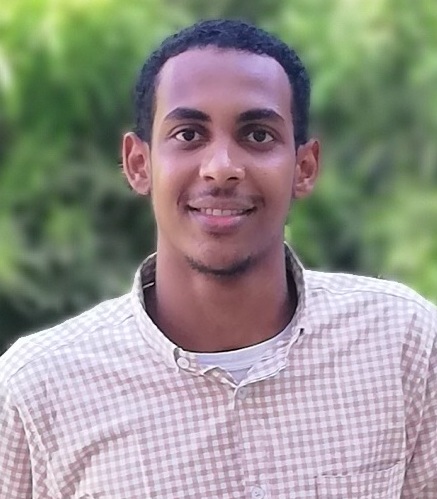
Moayad Mutwalli is a final-year civil engineer student at the University of Khartoum, interested in political science, economics and technologies. He is an environmental activist, and above all, a truth seeker.

